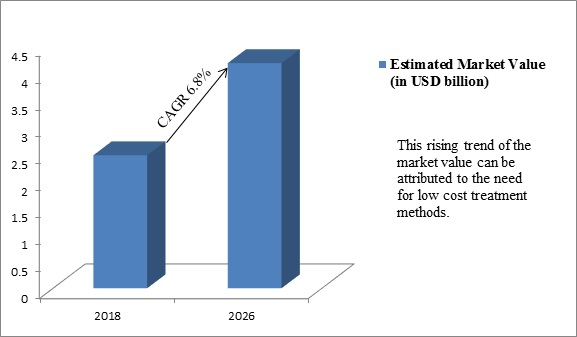Pain Relief Specialists: Your Crucial Handbook For Searching For Relief
Pain Relief Specialists: Your Crucial Handbook For Searching For Relief
Blog Article
Composed By-Ravn Ochoa
Navigating the world of pain relief specialists can be a challenging task for those seeking lasting remedy for consistent pain. With a wide variety of experts specializing in various methods to discomfort monitoring, understanding the nuances of each self-control and focusing on one of the most appropriate practitioner can substantially impact the efficiency of treatment. By unraveling the intricacies of specialist pain alleviation professionals and lighting key considerations in choosing the best professional, people can lead the way in the direction of a path of relieving their pain and reclaiming control over their health.
Kinds Of Discomfort Alleviation Specialists
There are a number of categories of healthcare specialists that specialize in providing pain relief services. One usual type of discomfort relief professional is an anesthesiologist. These medical professionals are professionals in administering anesthetic for surgical procedures, yet they additionally play a vital function in taking care of discomfort via techniques such as nerve blocks and epidurals.
Another type of expert is a physiatrist, also referred to as a physical medication and rehab medical professional. Physiatrists focus on boosting feature and lifestyle for clients with persistent pain problems via a selection of therapies, consisting of physical therapy and medication monitoring.
Additionally, pain administration nurses are necessary participants of the health care team, offering hands-on care and assistance to clients experiencing pain. https://christianacare.org/us/en/care/specialty-care/sleep-medicine.html work closely with various other experts to ensure that clients get comprehensive and customized pain relief plans.
Concerns to Ask Specialists
When looking for assistance from discomfort alleviation specialists, it is necessary to be prepared with appropriate questions to make certain a comprehensive understanding of your problem and the proposed treatment options.
Right here are some necessary concerns to ask experts throughout your appointment:
1. What is click the up coming website of my pain?
2. What are the readily available therapy alternatives for my problem?
3. What are the potential benefits and risks of each therapy alternative?
4. For how long will it take to see renovation in my discomfort levels?
5. Are there any kind of way of living adjustments or home remedies that could enhance the treatment?
6. What is the expected outcome of the suggested treatment plan?
7. Just how will my progression be monitored, and what steps will be taken if the current treatment plan is not effective?
8. Are there different therapies or treatments that could be valuable for my problem?
9. What are the potential negative effects of the prescribed drugs or procedures?
10. How can I finest manage and protect against discomfort flare-ups in the future?
Tips for Selecting the Right Professional
Selecting one of the most ideal discomfort relief professional for your requirements needs careful consideration of their experience, credentials, and method to therapy. When selecting a specialist, it is necessary to investigate their history, including their education, training, and any accreditations they hold in discomfort monitoring. Try to find experts that have experience in treating your specific condition or sort of discomfort, as this can significantly affect the performance of the treatment.
Additionally, consider the expert's technique to pain alleviation. Some specialists may focus on medicine monitoring, while others might use alternative therapies such as physical treatment, acupuncture, or interventional procedures. It is important to discover a specialist whose therapy method aligns with your preferences and ideas relating to discomfort administration.
Additionally, consider the specialist's interaction design and just how comfy you feel reviewing your pain and therapy options with them. A good specialist ought to pay attention diligently to your concerns, describe treatment plans clearly, and entail you in decision-making regarding your care.
Conclusion
Finally, specialist pain alleviation specialists supply a series of treatments tailored to every person's unique requirements, aiding to improve quality of life for those experiencing chronic pain.
By asking the right concerns, understanding available treatment alternatives, and choosing the appropriate professional based upon experience and strategy, people can work in the direction of discovering effective pain alleviation methods.
It is important to choose educated and knowledgeable professionals to attend to and manage chronic pain successfully.
